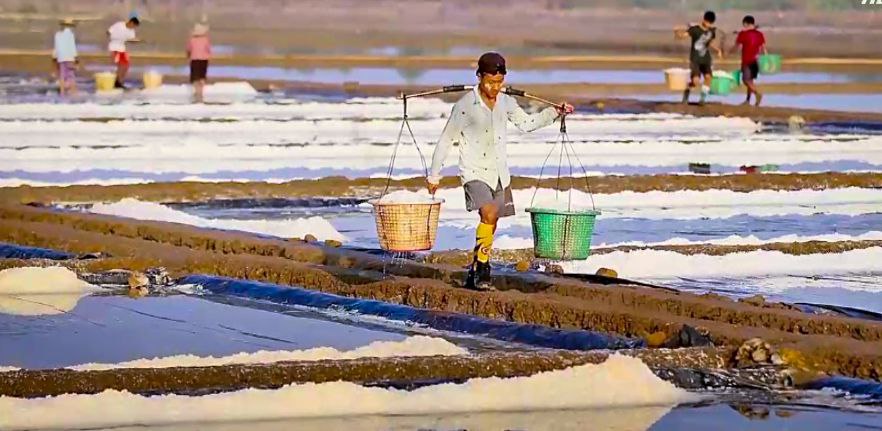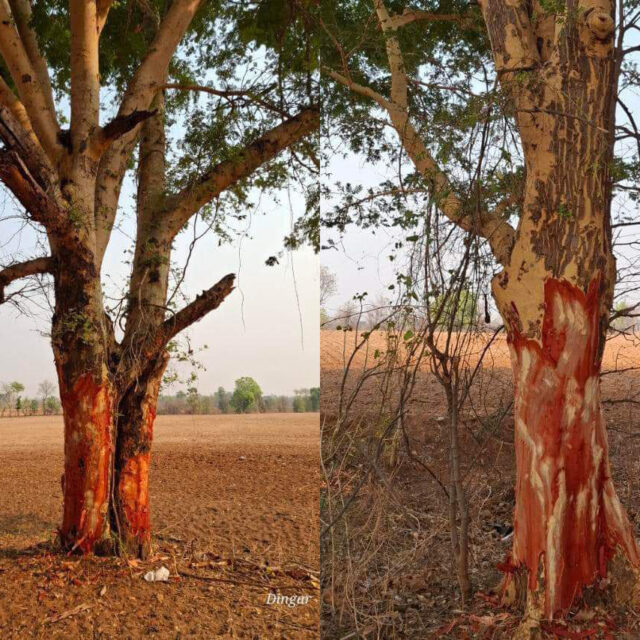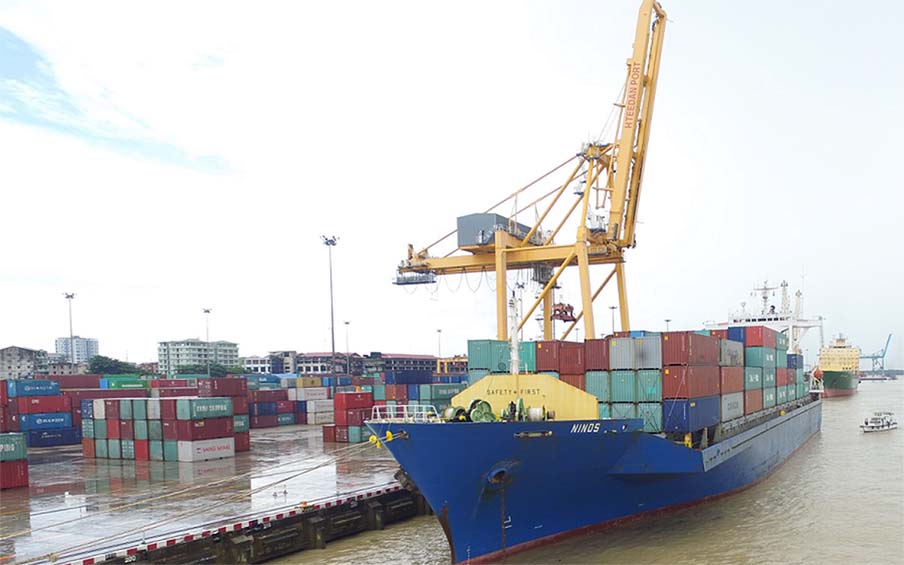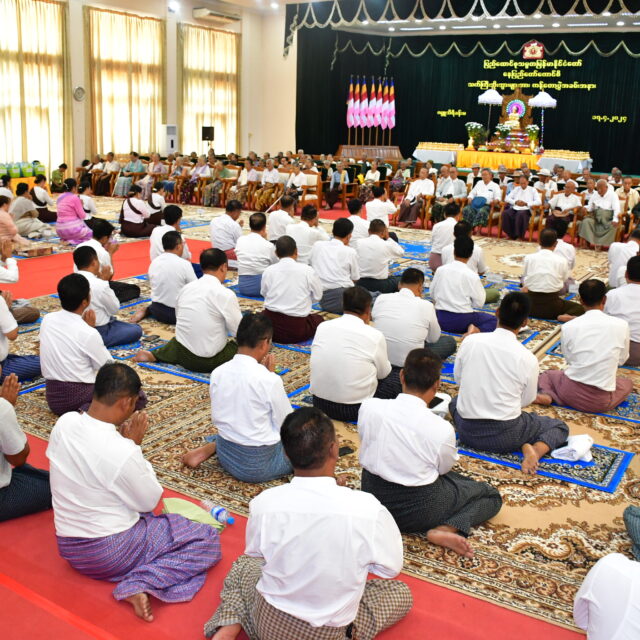Undisciplined disposing of household waste, unsystematic disposing of industrial waste and discarding of dangerous chemicals without management in both rural and urban areas can affect pollution as well as can cause serious health hazards to the people and natural environment.
The survey by the United Nations Environment Programme stated that some have seen millions of global people lose their lives to environmental pollution on a yearly basis. With regard to pollution, some 11.2 billion tonnes of waste are disposed of throughout the world yearly, and some eight million tonnes of plastic waste flow into the oceans and seas yearly causing water pollution.
Cleanliness in the environment is not concerned with just government. Only when all the people including relevant departments and organizations as well as non-governmental organizations and INGOs join hands in the systematic management of disposing waste will the whole nation be free from the dangerous pollution in the environment.
Nowadays, global people use more than 100,000 items of chemicals and elements in the entire world. As the unsystematic use of chemicals and elements may cause serious hazardous problems to the environment and humans, those users need to take care of their activities.
Gradually, plastic pollution becomes a global problem as a large number of the global people do not follow the systematic despising the plastic waste. As such, the United Nations Environment Assembly (UNEA-5.2) held in March 2022 agreed to implement an international convention under the law.
Myanmar needs to adopt plans for the control of plastic pollution in all aspects. As such a plan will directly benefit the people, all the citizens should follow the plan for the sake of the nation. It is because systematic disposal of plastic waste will contribute much to the national health activities as well as the personal health conditions of the people.
As such, relevant government bodies should systematically manage and control disposing of waste across the nation. Likewise, development committees at different levels and relevant organizations are to effectively and carefully implement the national waste management strategy and the master plan adopted by the government.
Hence, it is necessary to allot the land plots for discarding waste which may generally affect the people and the specific land plots for chemical and dangerous elements for enabling the people to avoid dangerous gases and solutions. Moreover, a systematic waste collection system must be set up with the strength of workers to collect waste from societies on time and to raise public awareness of dangerous impacts based on undisciplined disposing of.
Cleanliness in the environment is not concerned with just government. Only when all the people including relevant departments and organizations as well as non-governmental organizations and INGOs join hands in the systematic management of disposing waste will the whole nation be free from the dangerous pollution in the environment.













